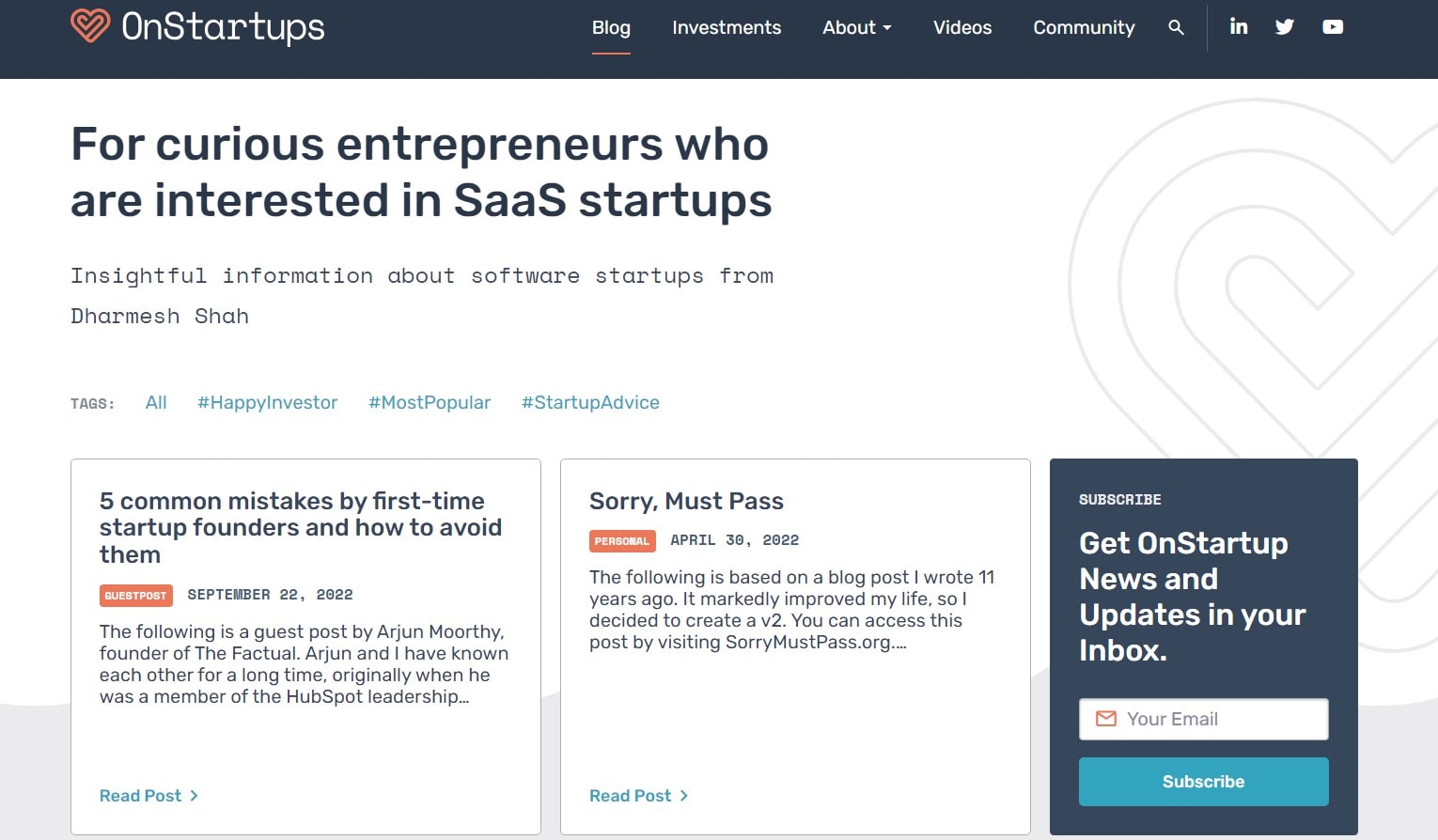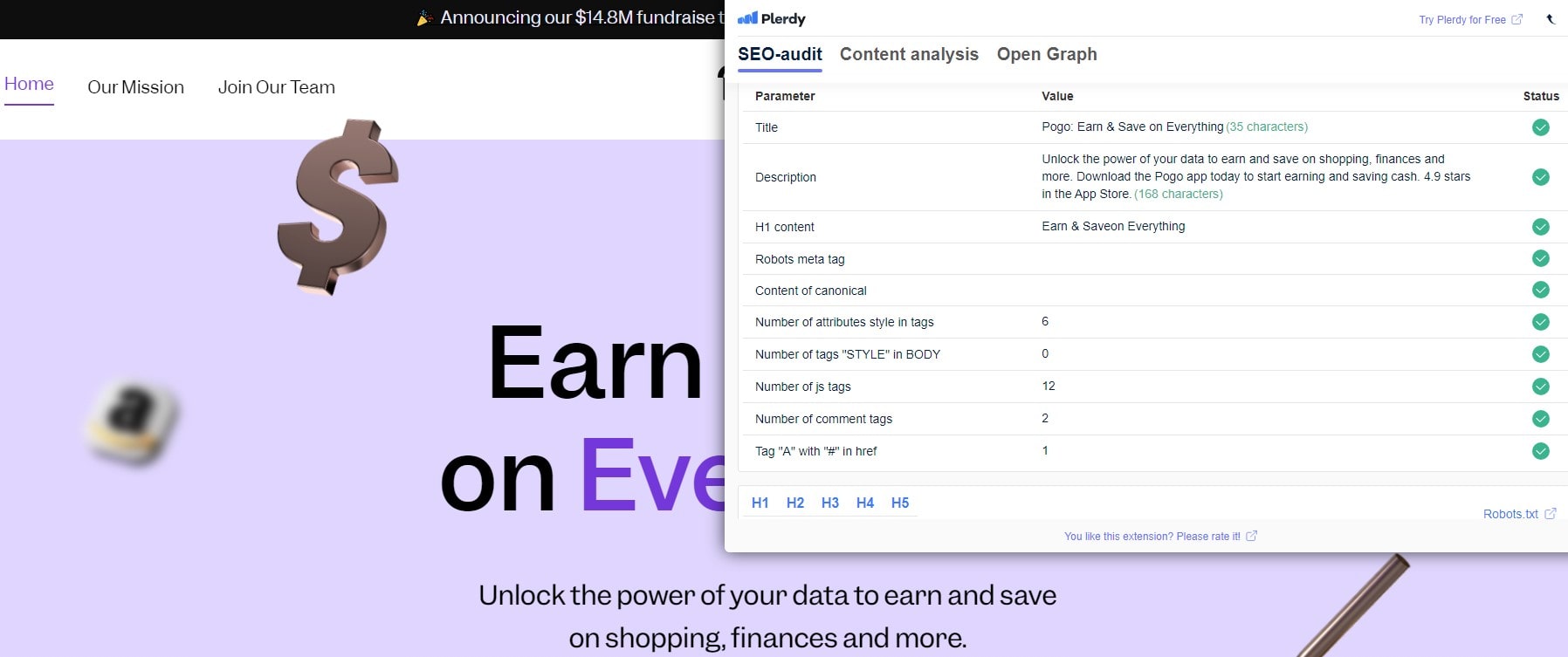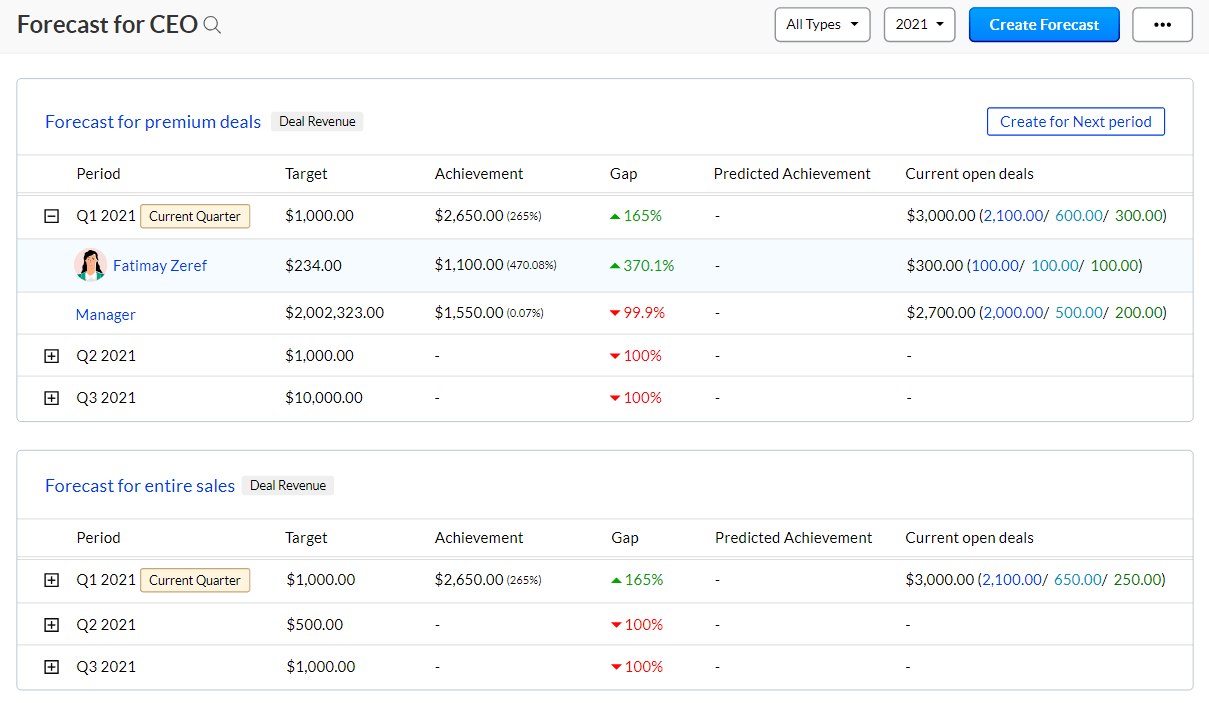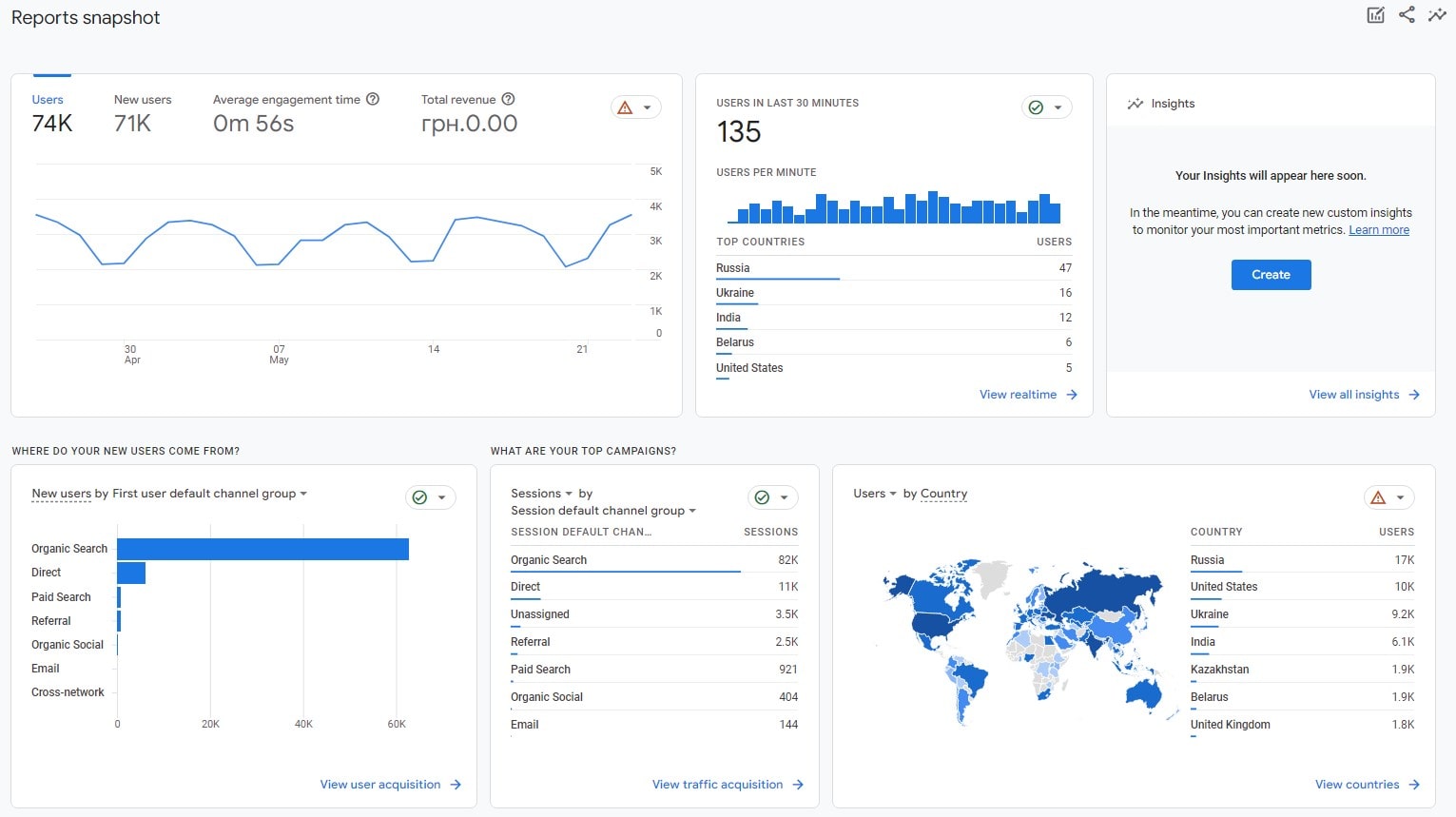Starting a digital marketing journey for your startup can feel like trying to bake a gourmet cake with just a spoon and a bowl – it’s challenging but not impossible! In this digital era, where online presence is king, startups face the colossal task of standing out in a crowded virtual marketplace. It’s not just about being seen; it’s about being remembered and making an impact. This comprehensive guide, brought to you by Plerdy, is your roadmap to navigating the digital marketing landscape. We’ll dive into the essentials of creating a strong online identity, leveraging the power of content, mastering SEO, and much more. Get ready to transform your startup’s digital marketing strategy from a basic recipe to a master chef’s delight!

Understanding the Basics of Digital Marketing
Imagine digital marketing as a vast ocean where every startup is a boat trying to catch the attention of its audience. Understanding digital marketing basics is your compass and chart to navigate these waters. Let’s set sail and explore the essentials.
What is Digital Marketing?
At its core, digital marketing is about connecting with potential customers through digital channels. This includes everything from your website and social media platforms to email campaigns and online advertising. It covers a variety of digital marketing methods. Unlike traditional marketing, digital marketing offers unparalleled targeting, analytics, and engagement opportunities, making it a crucial tool for startups in today’s digital-first world.
Why Digital Marketing is Key for Startups
For startups, digital marketing isn’t just an option; it’s a necessity. In a world where over 4.5 billion people are online, the digital landscape offers a fertile ground for startups to grow and thrive. With real-time audience data from Google Analytics and social media analytics, entrepreneurs can make informed decisions and change their strategy. This level of agility is crucial for startups that need to maximize every dollar.
Moreover, digital marketing levels the playing field, allowing startups to compete with larger companies. Even the smallest startup can significantly impact online with creative strategies and the right tools. Targeted advertising on Facebook and Instagram helps firms reach their target audiences. According to HubSpot, a solid digital marketing strategy can increase your leads significantly, often leading to higher conversion rates and business growth.
After exploring digital marketing essentials, it is evident that any firm aiming to make waves in the digital realm must comprehend them. Through digital marketing, startups can engage with their audience, develop an online presence, and grow in a digital market. Now, with these basics, your startup is ready to embark on a successful digital marketing voyage.
Cultivating a Digital Marketing Footprint for Your Startup

In digital marketing, cultivating a robust digital presence for your startup is akin to unveiling a virtual showcase. This digital space is where your audience discovers, interacts with, and gains insight into your startup’s value. Digital startups require a strong online presence to attract, engage, and keep customers.
Designing a User-Centric Website
Potential customers’ first impression of your startup is its website, which is the foundation of its digital marketing plan. This digital facade must be visually captivating but also user-centric and informative. An effective website lucidly conveys your startup’s offerings, their significance, and the means for customers to engage with your products or services. Vital features include straightforward calls to action, seamless navigation, and adaptability to mobile devices. As highlighted by Forbes, investing in a professionally crafted, aesthetically pleasing website is pivotal for enhancing customer interaction and shaping brand perception.
Developing a Distinct Brand Identity
A distinctive brand identity is crucial for your startup to resonate and stay memorable in digital marketing. This includes more than just your logo and visual design; it’s about embodying your startup’s ethos, objectives, and unique value propositions. Harvard Business Review underscores that a thoughtfully developed brand identity fosters customer loyalty and sets your startup apart in a competitive market.
Implementing a Strategic Social Media Plan
Social media’s influence in digital marketing is undeniable, serving as an essential channel for fostering connections with your audience. Platforms like LinkedIn, Twitter, Facebook, and Instagram provide diverse avenues for engaging with users, from content sharing to addressing customer queries. An effective social media plan for your startup involves regular updates, content tailored to your target demographic, and active follower engagement. The Buffer State of Social report highlights strategic social media to increase brand recognition and customer connection.
To build a successful digital presence, startups must engage in comprehensive planning and execution. A user-friendly website, a strong brand identity, and savvy social media strategy set your firm up for digital success. Your digital presence is an evolving endeavor. Continually refining your digital marketing strategies ensures your startup stays relevant and engages with your audience actively. Begin shaping your digital presence now and witness your startup’s growth in the vast digital marketing landscape.
Developing a Content Marketing Strategy

For startups, a well-structured content marketing plan can make the difference between blending in and striking out.
Content Types and Their Purposes
Start by determining which content will best convey your startup’s message. Blog posts are good for detailed explanations and storytelling, infographics can simplify complex data, and videos can grab attention and create a more personal connection. According to a study by HubSpot, incorporating videos into your content strategy can significantly improve engagement and conversion rates.
Planning Your Content Calendar
A content calendar is vital for organizing and scheduling your content effectively. It maintains content flow and manages production. Your calendar should include key dates, themes, content types, and distribution channels. It’s important to align your content with key business events, product launches, or industry happenings to maximize relevance and impact. Tools like Trello or Google Calendar can be excellent for managing your content schedule. The Content Marketing Institute found that organizations with written content marketing plans are more successful.
Developing a content marketing strategy requires thoughtful planning and a deep understanding of your audience. Your startup can build a strong online presence, engage with your audience, and grow by choosing the right content types and maintaining a content calendar. Remember, content marketing relies on consistent, high-quality content that meets your target audience’s needs. Start crafting your content marketing strategy today and pave the way for your startup’s success in the digital world.
Harnessing SEO for Startup Growth in the Digital Marketing Arena

In digital marketing, visibility is the key to growth, with SEO being the strategic investment for organic success. For startups, adept SEO isn’t simply about drawing more web traffic; it’s about attracting traffic that aligns with their business goals.
Essential Keyword Research in Digital Marketing
The foundation of effective SEO in digital marketing lies in keyword research. It involves understanding the search patterns and language of your target audience. Google Keyword Planner and SEMrush are invaluable for pinpointing keywords pertinent to your startup’s digital strategy. Long-tail keywords have lower search numbers but greater conversion rates due to their specificity; thus, balancing them is important. As Moz suggests, selecting appropriate keywords is vital for boosting your website’s visibility and search engine rankings.
Implementing On-Page SEO Strategies
After identifying your keywords, it’s time to integrate them into your on-page SEO tactics. This process involves optimizing the content and HTML of your website. Titles, meta descriptions, and headers should be compelling and infused with your primary keywords. According to Search Engine Journal, Google’s algorithm prefers relevant, valuable material. Moreover, technical elements like website speed and mobile responsiveness are crucial for maintaining high search rankings.
Strategies for Building Quality Backlinks
Like endorsements from other websites, backlinks tell search engines your information is credible. Gaining quality backlinks demands the creation of content that is worth sharing and strategic networking. Guest posting on well-regarded industry websites and effective use of social media are key strategies for link building. As Backlinko notes, securing high-quality backlinks is essential for elevating search rankings and enhancing overall SEO performance.
Leveraging SEO in digital marketing is a detailed and ongoing endeavor for startups. It starts with in-depth keyword research, continues with thorough on-page optimization, and is bolstered by acquiring quality backlinks. A successful SEO strategy for startups is not just about being discoverable; it’s about being discovered by the right audience. By concentrating on these essential aspects, startups can improve their online presence, attract more suitable traffic, and establish a robust foundation for sustained digital market growth. Apply these SEO strategies now to boost your startup’s search engine rankings.
Effective Use of Paid Advertising

In the digital age, paid advertising is the turbo boost your startup needs to cut through the noise. It’s not just about spending money; it’s about investing smartly in channels that bring tangible results.
Exploring Pay-Per-Click (PPC) Advertising
PPC advertising, primarily through Google Ads, offers a direct route to your target market. You only pay when someone clicks on your ad, making it a cost-effective solution. Effective PPC campaigns require well-researched keywords, compelling ad copy, and a clear understanding of your target audience. A study by WordStream found that the average click-through rate in Google Ads across all industries is around 2%. Thus, optimizing your ads for higher click-through and conversion rates is crucial.
Mastering Social Media Ads
Facebook, Instagram, and LinkedIn allow great targeting. They allow startups to define their audience based on demographics, interests, behaviors, etc. Tailoring your ads to fit your audience’s profile on these platforms can significantly increase engagement and conversions. According to Hootsuite, social media ads can have a click-through rate of 1.6%, depending on the industry and ad format.
The Power of Retargeting
Retargeting uses Google Ads and Facebook Pixel to track users who have interacted with your brand but have yet to convert. Criteo reports that retargeted ads have a ten-fold higher click-through rate than regular display ads.
Effectively using paid advertising requires a strategic approach, focusing on the right platforms and techniques that resonate with your target audience. When used wisely, PPC, social media ads, and retargeting are critical components that can significantly boost your startup’s visibility and customer acquisition efforts. Start leveraging these paid advertising strategies to propel your startup into the spotlight, where it rightly belongs. Remember, every dollar spent on paid advertising should be invested towards achieving measurable growth and success.
Customer Relationship Management (CRM) and Email Marketing

Integrating CRM with Digital Marketing
A robust CRM system is instrumental for startups looking to personalize their marketing strategies. It helps understand customer behaviors, track sales interactions, and segment audiences for targeted campaigns. Integrating CRM with your digital marketing gives you insights, allowing for more tailored, impactful communications. According to Salesforce, CRM can increase sales by up to 29% and productivity by 34%. Utilizing CRM data in your digital marketing not only enhances customer experiences but also increases the efficiency of your campaigns.
Harnessing the Power of Email Marketing
Email marketing is more than sending newsletters—it is about creating personalized, timely, relevant content that resonates with your audience. Segmenting your email list by customer behavior and preferences can boost engagement. Tools like MailChimp or Plerdy’s Email Campaigns feature can automate this process, making it more efficient. A study by Campaign Monitor shows that marketers who use segmented campaigns note as much as a 760% increase in revenue. This highlights the importance of personalized and targeted email marketing strategies.
Incorporating CRM and email marketing into your digital marketing strategy will help create more personalized customer experiences and achieve better conversion rates and customer loyalty. As you navigate digital marketing, remember that audience comprehension and engagement are vital to success.
Measuring and Analyzing Your Results

In digital marketing, shooting in the dark is not an option. Measuring and analyzing your results turns guesswork into a precise science, ensuring every move you make counts.
Key Metrics to Track
The first step in the analysis is knowing what to measure. Key performance indicators (KPIs) such as website traffic, conversion, bounce rates, and social media engagement are vital. These metrics offer insights into your campaigns’ performance and where improvements are needed. For instance, a high bounce rate might indicate that your landing pages are irrelevant to your audience. Google Analytics can measure these data and provide a complete digital marketing picture.
Using Analytics Tools
Leveraging analytics tools is crucial for understanding the effectiveness of your marketing strategies. Tools like Google Analytics, SEMrush, and HubSpot provide detailed reports and data visualization that help comprehend complex data sets. They allow you to track user behavior, source of traffic, and conversion paths. Forbes found that organizations that use data-driven marketing are more profitable and competitive.
Measure and analyze results to evaluate digital marketing efforts and make informed decisions. It’s not just about collecting data; it’s about interpreting it to understand your audience better and optimize your strategies accordingly. Add these analytical practices to your marketing routine and transform data into actionable insights. This strategy will save time and money and boost marketing efficiency, helping your firm expand.
Conclusion
Starting your startup’s internet marketing is like sailing on an ocean of potential. By understanding the basics, building an online presence, crafting a content strategy, optimizing SEO, utilizing paid advertising, and measuring results, you’re not just surviving in the digital world – you’re thriving. But don’t stop here. The digital landscape is ever-evolving; there’s always more to learn and explore. Dive into other insightful articles on Plerdy’s blog to continue enhancing your digital marketing prowess. And remember, Plerdy is here to support your journey with tools and insights that help turn your digital marketing efforts into remarkable success stories. Keep exploring, keep growing.
